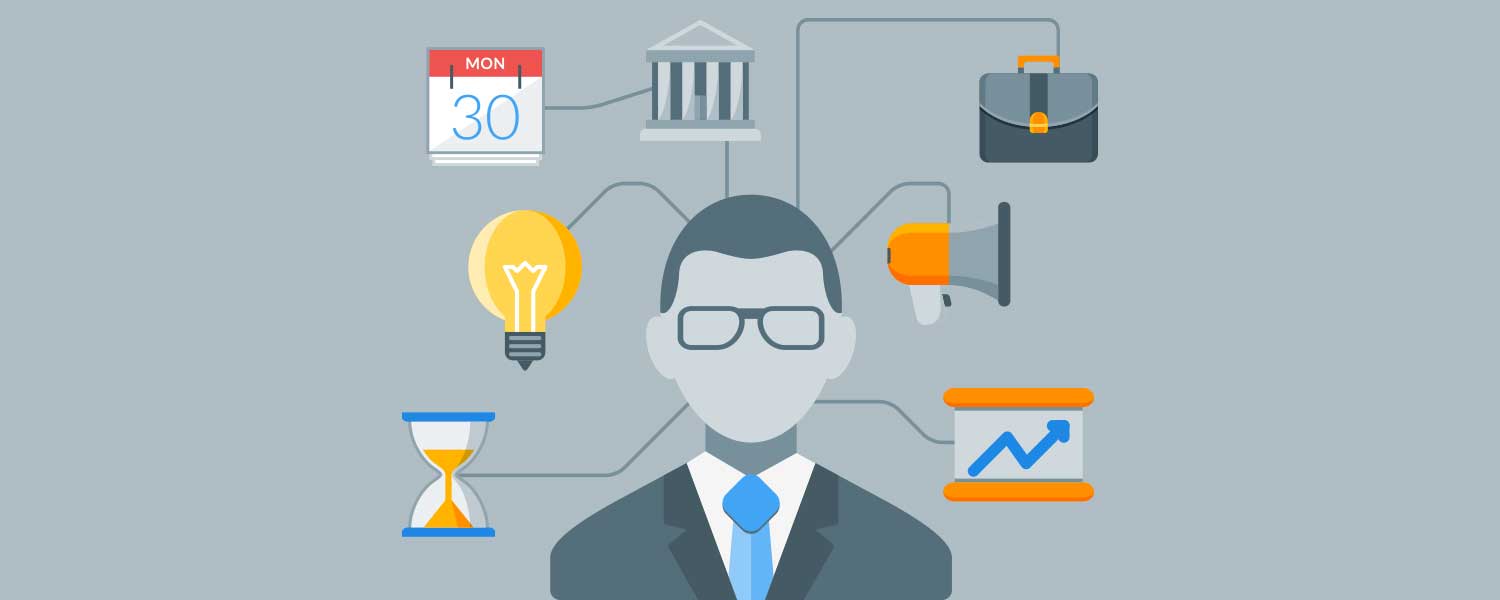
You can move up in your career by getting promoted and receiving a larger salary. There are three main types of promotions: merit-based, internal employee promotion, or dry promotion. Each type comes with its own set benefits and disadvantages. It is important to be able to explain what you are doing and how you can do it.
Promotion of jobs
It is important to understand what qualifies you for a promotion. Your company will be interested in knowing that you have demonstrated that you can contribute to the business' success. You should therefore carefully record your accomplishments and use them as evidence to support your case.
Promotions can be a great opportunity to showcase your hard work and dedication. It is a way for an organization to recognise the efforts you have put in and to recognise your ability to do the work. It will also demonstrate your patience and exceptional behavior.

Promotion based upon merit
In a career, a merit-based promotion system encourages competition and high-quality work. This system gives all employees a chance to advance, which motivates them to be their best. Employees feel more purposeful and happier when they are promoted based on merit.
Employees in a merit-based model are rewarded according to their performance, not the years they have served. People can't wait to be promoted until they reach a certain level before being promoted. This also increases the level of productivity in a company. This motivates employees to do their best work and improves the company's bottom line.
Promotion of internal employees
Employee promotions can be beneficial not only to the individual who receives them, but also to the company as a whole. These promotions can keep employees motivated and increase team morale. An employee who is promoted can inspire other employees by showing that they value their hard work. These promotions can also encourage positive attitudes among other groups, which can strengthen an employer's brand.
Recent research revealed that employees are more likely to work harder if they feel that their company's internal promotion process is efficient. This can result in staff turnover being reduced by as high as 50% through internal promotions. They also boost morale, productivity, and reduce absenteism.

Dry promotion
Dry promotion in career can be a type employee promotion where an employee is promoted by gaining more responsibility and status but not their salary. These promotions are either temporary or long-term depending on employee performance and organizational needs. This type of promotion differs from open and closed promotions. Closed promotions are only available to employees within an organization.
A dry promotion in career means that an employee is assigned to a more senior job without receiving a raise in salary or other benefits. This scenario will result in the employee being given a new title, increased responsibility, and a lower salary. These promotions are a good development strategy because they allow employees to gain more authority, responsibility and still maintain their current level.